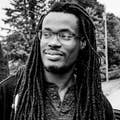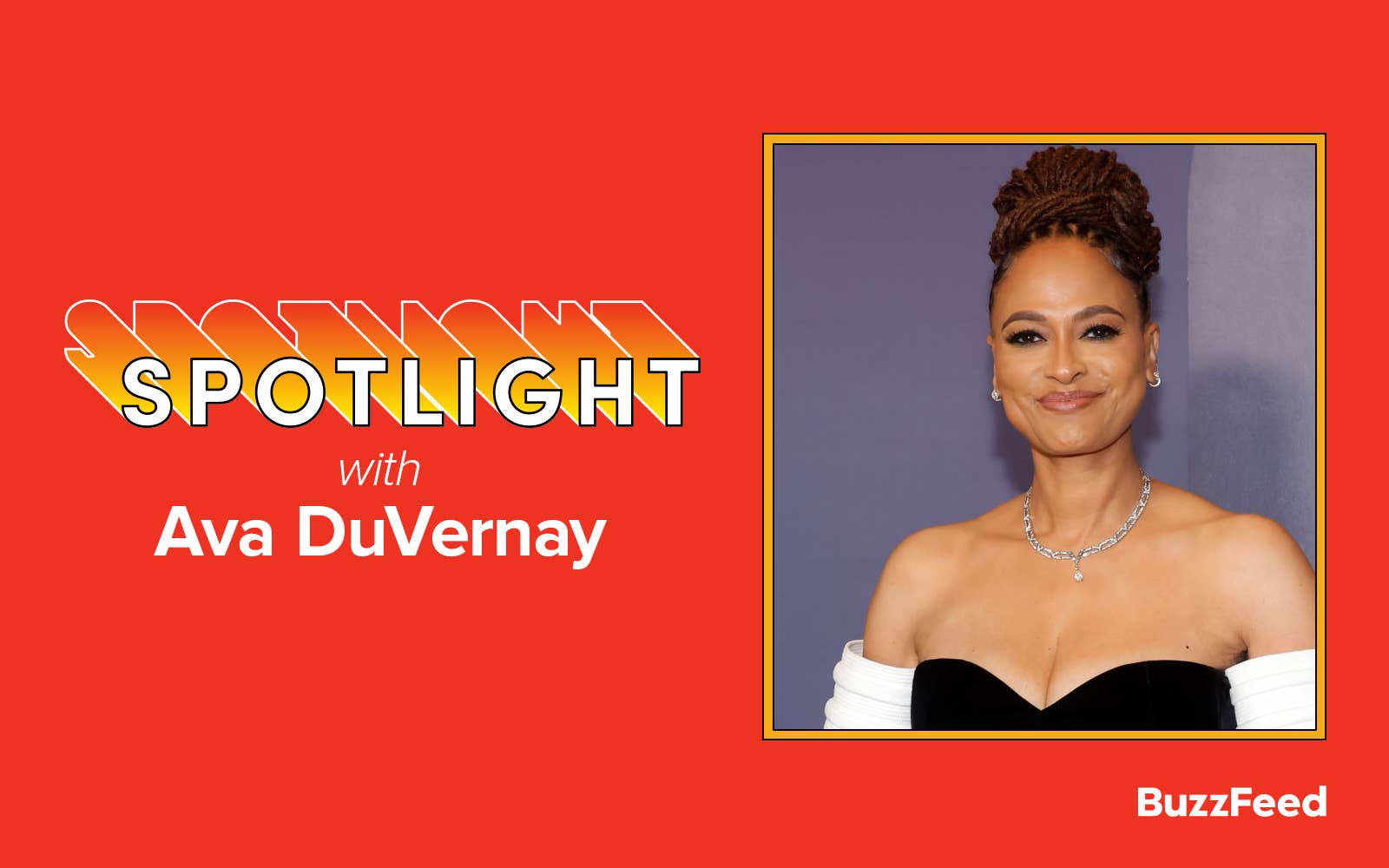
Ava DuVernay has meticulously crafted some of the most cerebral pieces of cinema during her career, and Origin is another testament to her talent. We sat down with the Academy Award-nominated visionary to discuss her groundbreaking new film, which adapts Isabel Wilkerson's New York Times bestseller Caste: The Origins of Our Discontents.
🚨 There are spoilers ahead for Origin 🚨
1. First, Ava was not interested in adapting Caste: The Origins of Our Discontents as a documentary.
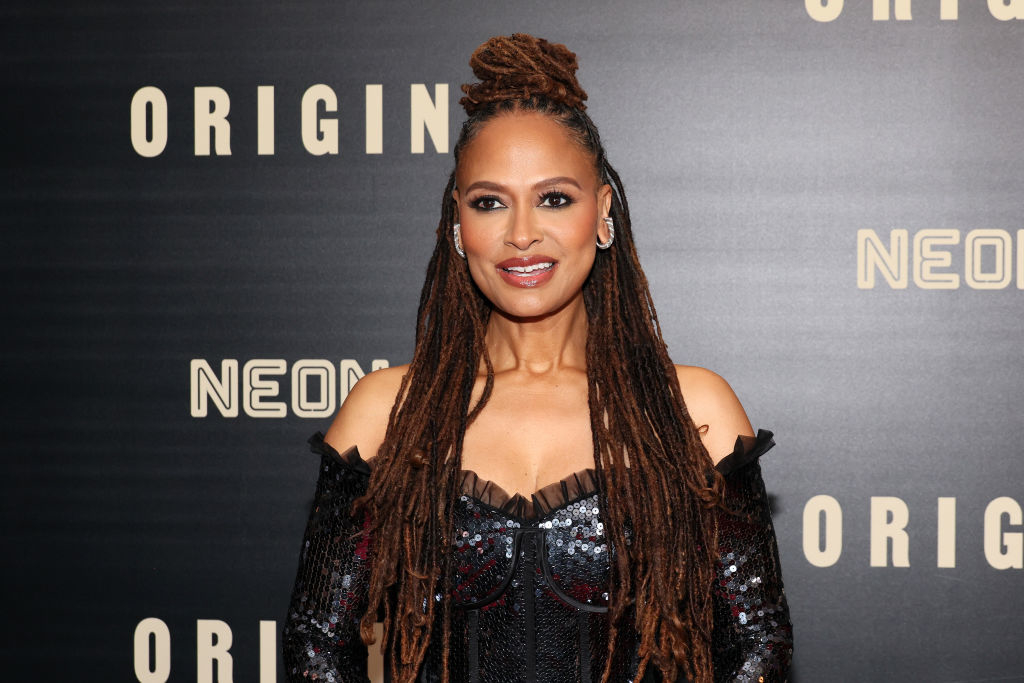
"I wasn't interested in making a documentary, I was interested in conveying emotion," Ava declared. "So I use documentary to convey information, I was interested in conveying the emotion that I felt when I read Caste, which was a very intimate telling of history. In order to do that, I had to figure out how to have a lead character. I analyzed the book and looked through the characters. They're mostly addressed in anecdotal ways without a total beginning, middle, and end. So, in trying to find a character to follow [I] came up with the idea of actually watching Isabel conceive and write the book."
2. Ava had to re-read the book because at first, she felt it was trying to replace race with caste.
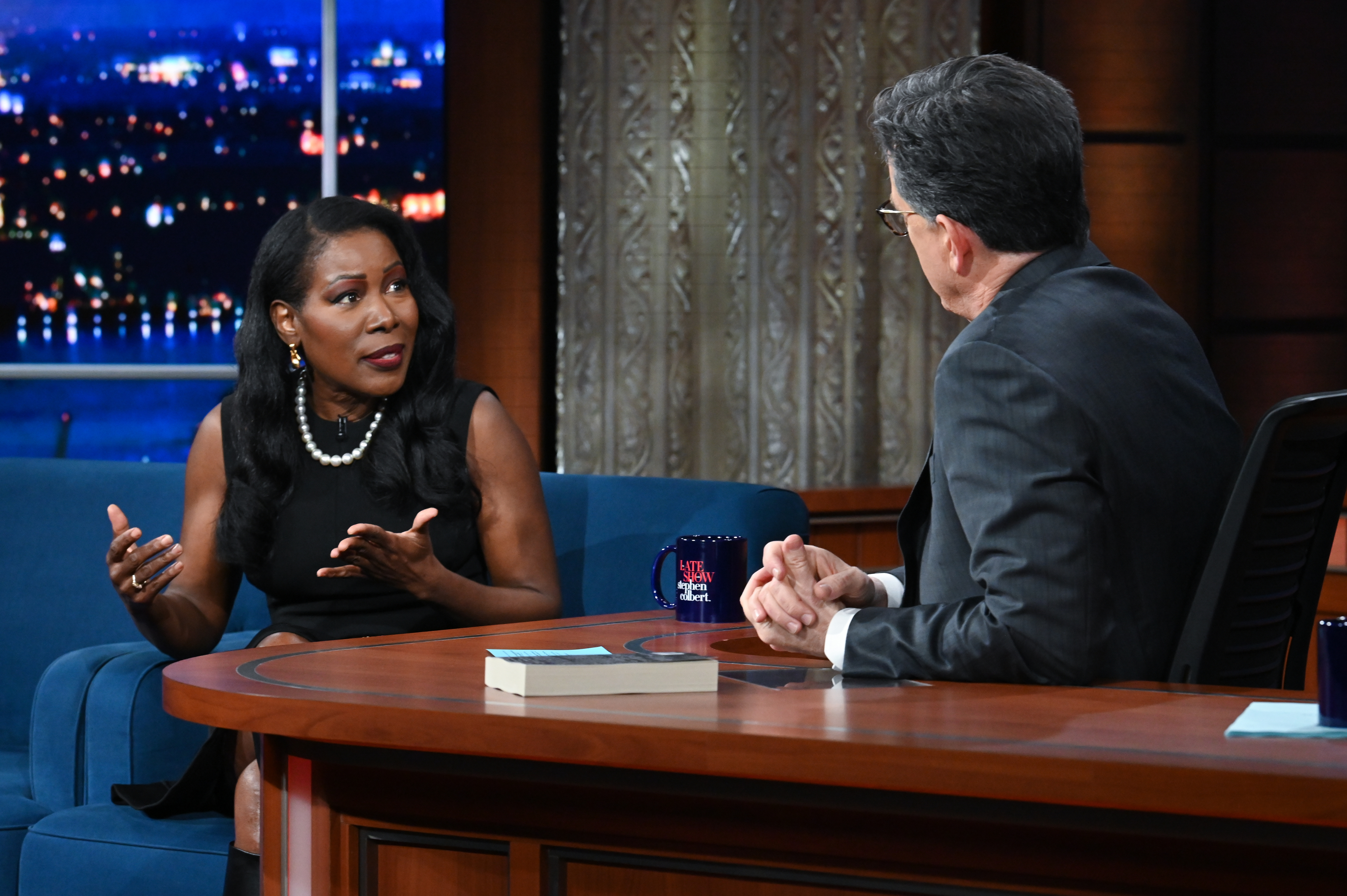
"I think I was wrestling with the idea of something that I misread, when I read it the first time," Ava explained. "I thought that [Isabel Wilkerson] was saying, in a lot of ways, that caste replaces the idea of race. When actually, race sits on top of caste; race sits within caste. And a second close reading showed me more nuance into her ideas on that, and gave me a new language to talk about my view of identity."
3. Ava picked the cast herself.
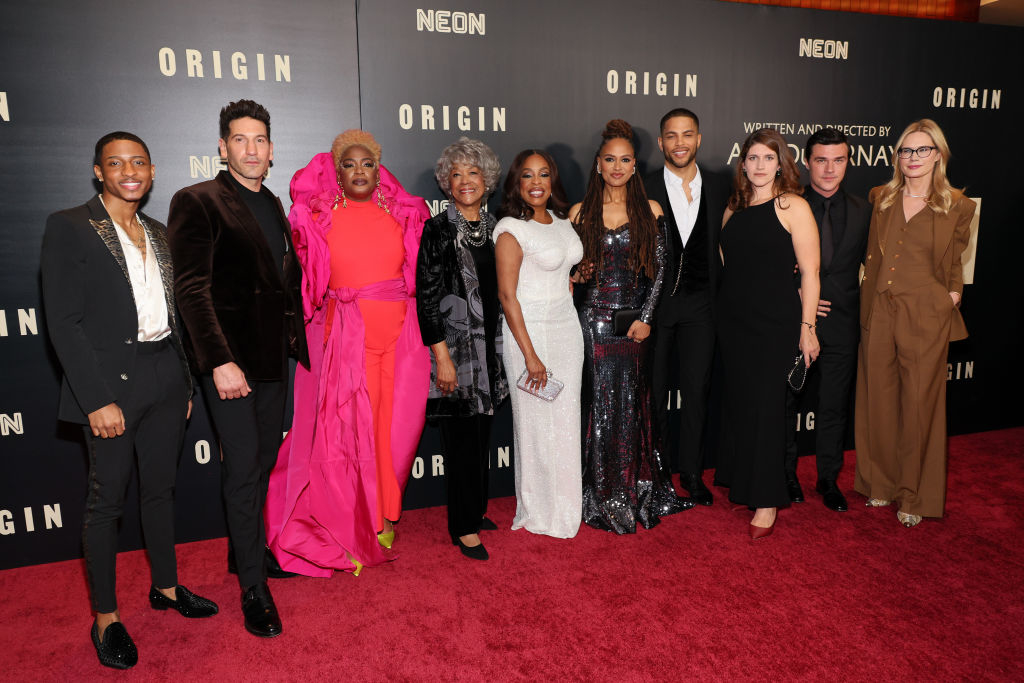
"We made this film independently, I was able to choose whoever I wanted," Ava said. "I don't think that most people know that during the casting process for most major films and TV shows, there's a whole process by which the studios have a real say over who is chosen. And that is determined a lot by the popularity of an actor, their social media, their cue scores, who likes them or doesn't, that kind of thing. I didn't have to do any of that because we made the film independently. I was completely the only decision maker on those selections."
4. Aunjanue Ellis-Taylor was the only person Ava considered to play Isabel Wilkerson.
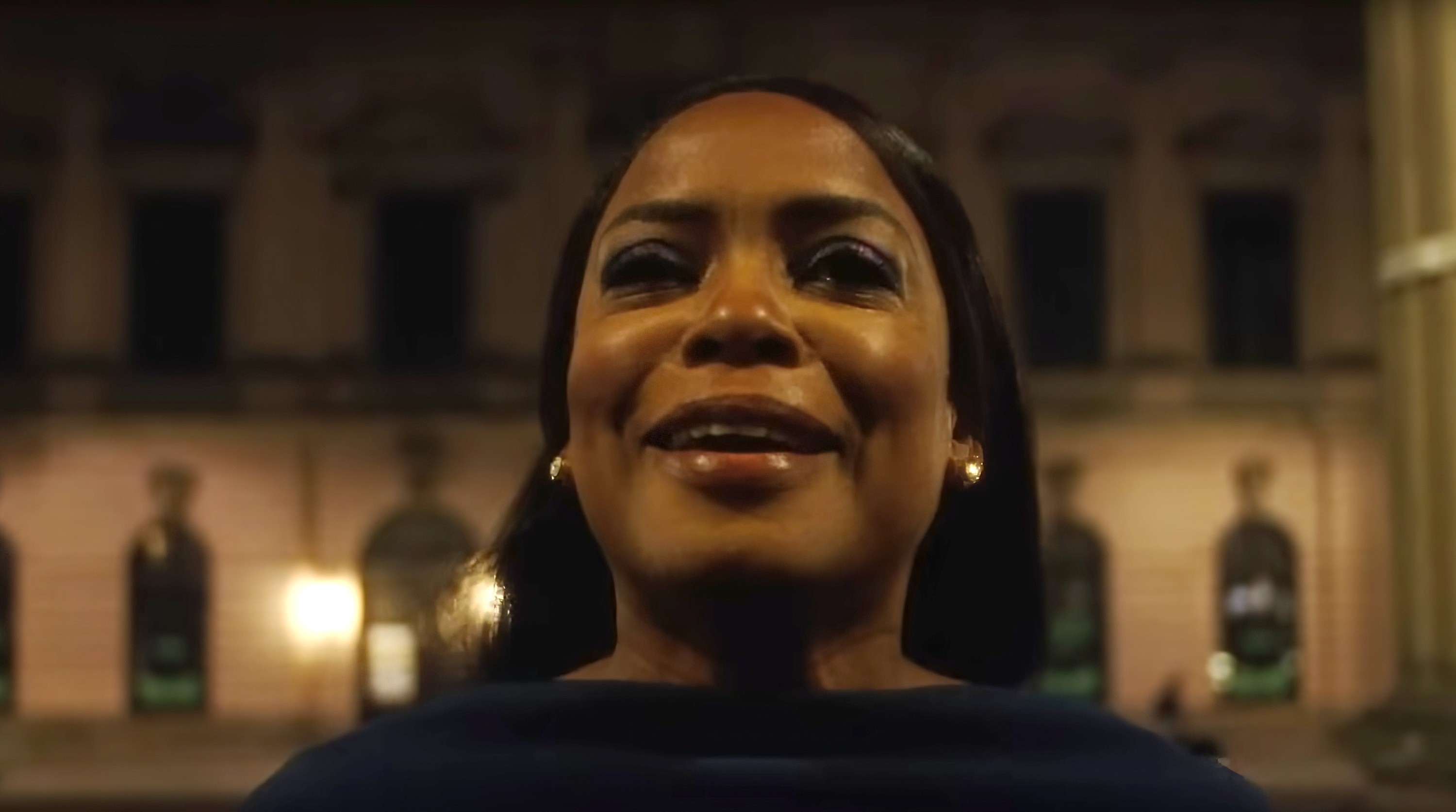
"I was able to just choose people who I wanted to work with," Ava continued. "I'd worked with Aunjanue Ellis-Taylor on When They See Us. [I] thought she was extraordinary. When she became interested in the project and reached out to me about it, I never looked at anyone else."
5. Ava is real-life besties with Niecy Nash.
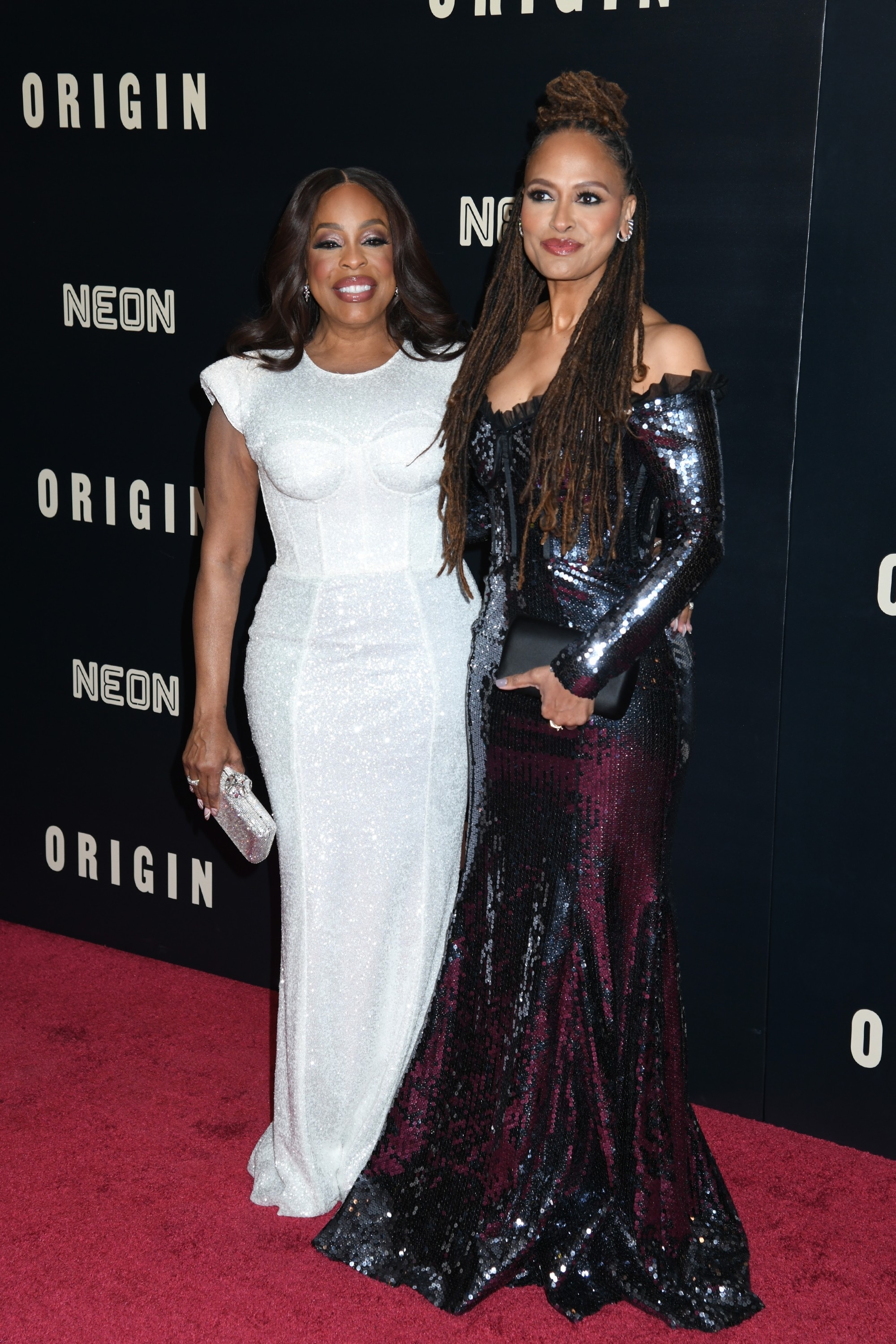
"Niecy Nash; I needed someone to play this ultimate best friend, you know, the favorite cousin who Isabel Wilkerson had shared with me, her cousin Marion," Ava explained. "And so I thought about one of my best friends Niecy Nash. So she came, and she was perfect for that part."
6. Ava did not know Jon Bernthal personally before casting him in the film.
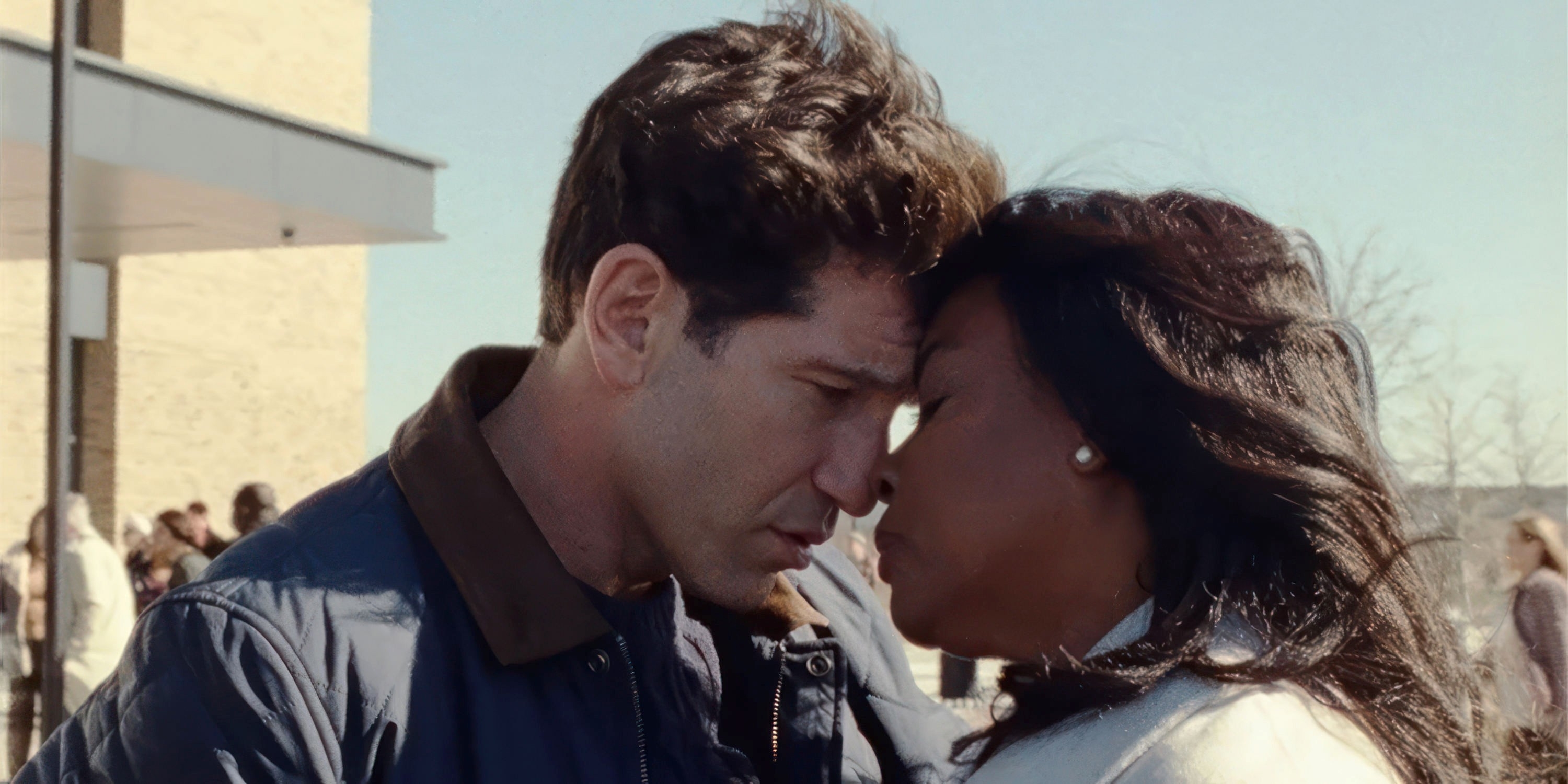
"Jon Bernthal was someone that I did not know," Ava admitted. "He flew out to Savannah to meet me when I was in pre-production. And I thought, 'This is a real serious actor who cares about these issues that we're exploring in the film,' and wanted to come to the film to be of service to Aunjanue [and] to the story. They had worked together before on King Richard."
7. Ava cold-called Audra McDonald, whom she always wanted to work with, to get her in the movie.
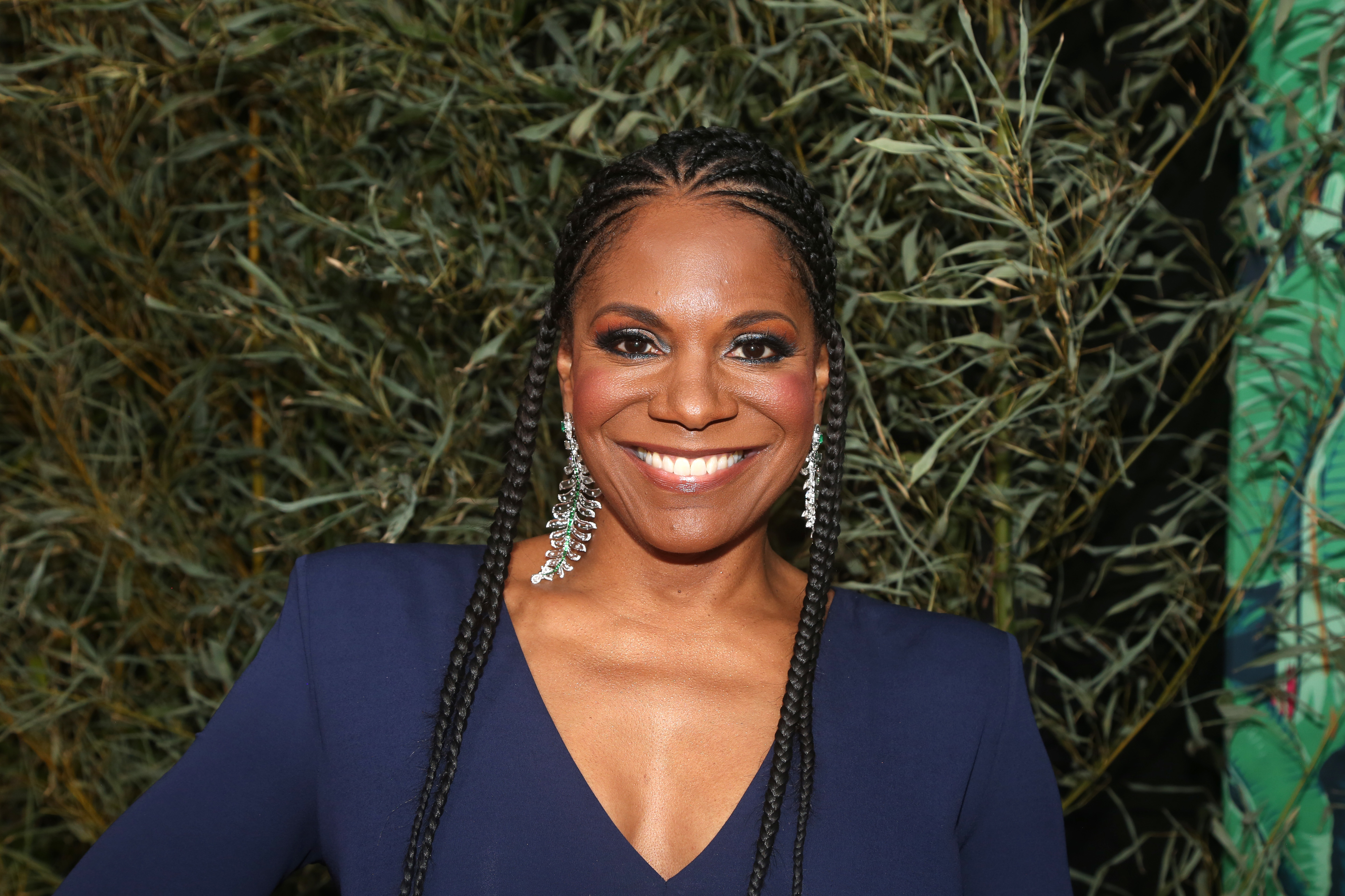
"Audra McDonald plays Miss Hale. [She] was someone who I always wanted to work with, so I just cold-called her."
8. Ava wrestled with how to portray MAGA-hat-wearing Dave, who is portrayed by Nick Offerman, while still being faithful to the book.
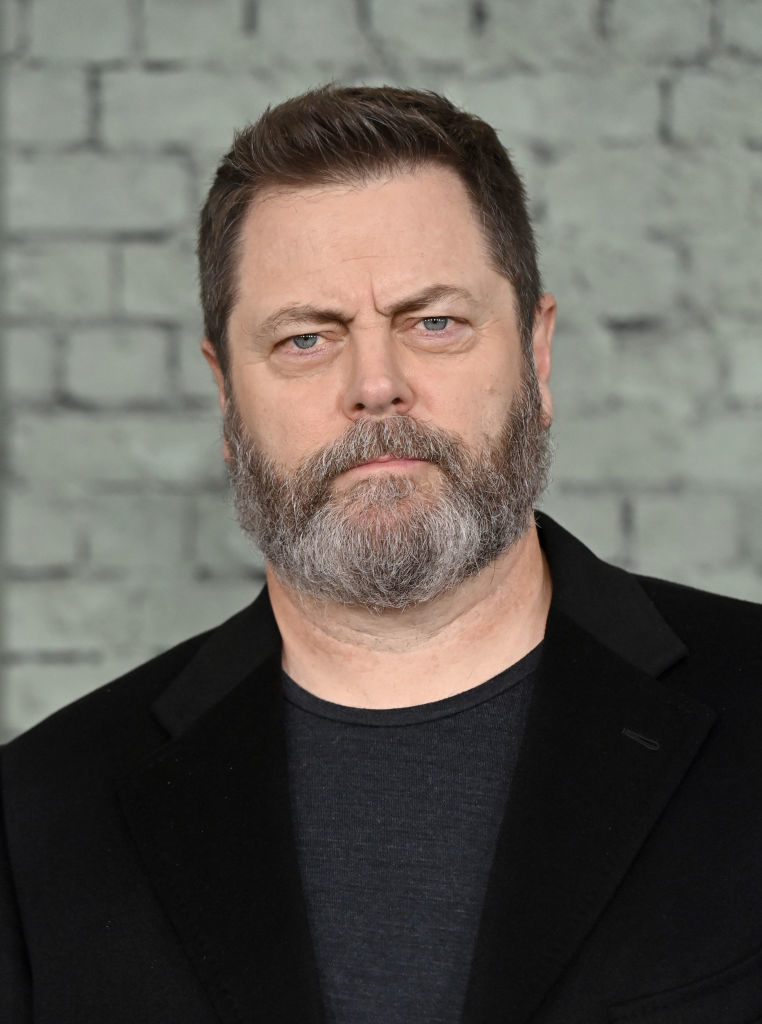
"It's one of the stories in the book that people really take to. When you ask people, 'What do they remember about the book,' they're going to talk about that plumber scene, and they're going to talk about Al Bright. And so those are kind of the major points of the book. It had to be there. It was definitely something that I wrestled with a bit. And in terms of how to render it visually in a way that wasn't completely Kumbaya and disregarded the real-world issues around MAGA movements and what Trump-ism is, how it's changing our country. And so you know that that scene was done with great care, and Nick and Aunjanue were incredible partners for me there."
9. It wasn't made to be a "manifesto on Black womanhood."
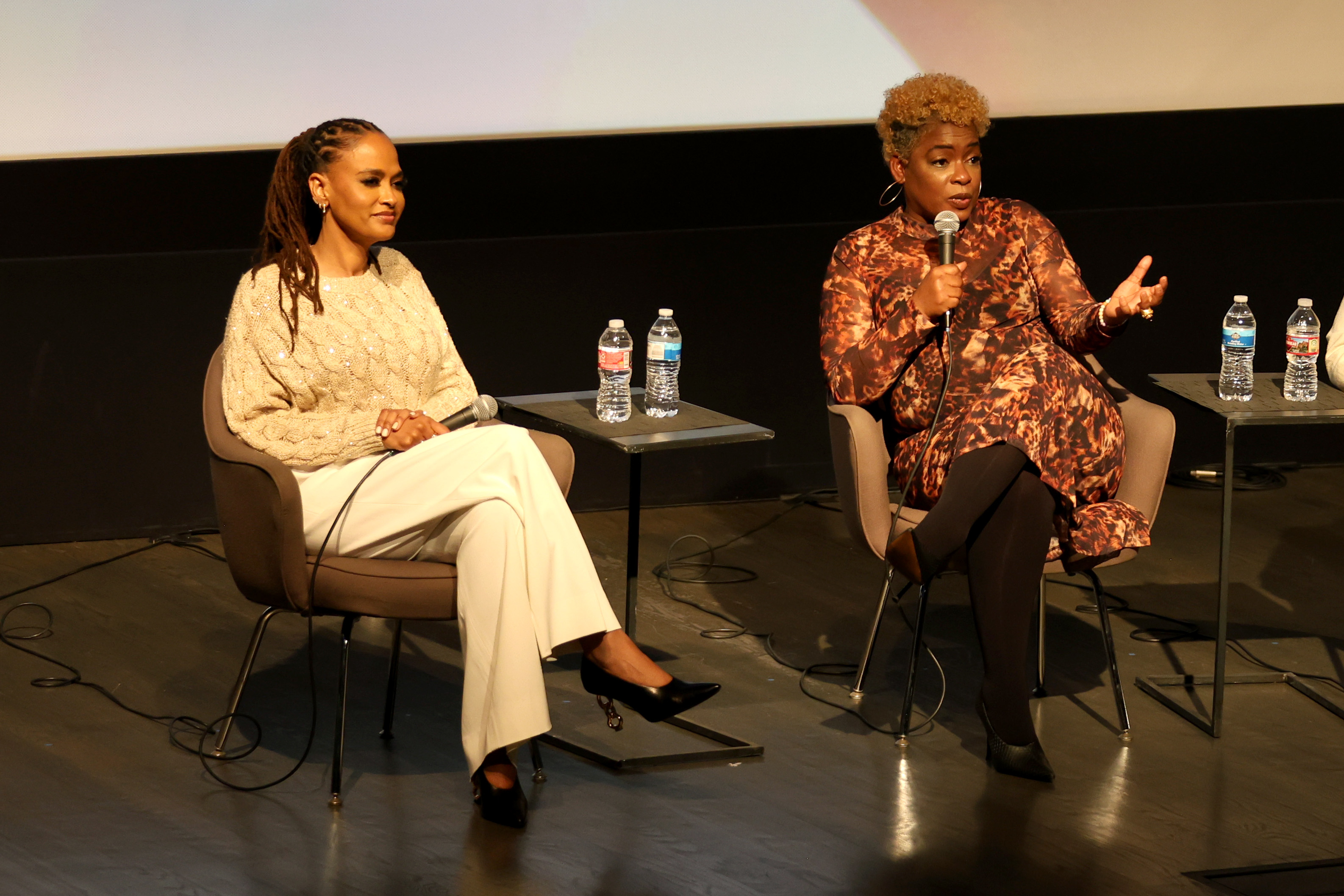
"It wasn't made to be a manifesto on Black womanhood, but I'm glad if it is. I'm telling her story as a character that I care for. She's the heroine of this journey. She is the star of the show. She's the person that I invite you to watch for two hours, to move forward to empathize with, to be inside of her process. And the fact that we don't have those images, those centered images in cinema enough as it relates to Black women as the protagonist."
10. Ava wanted Isabel's intellect to be the movie's focus.
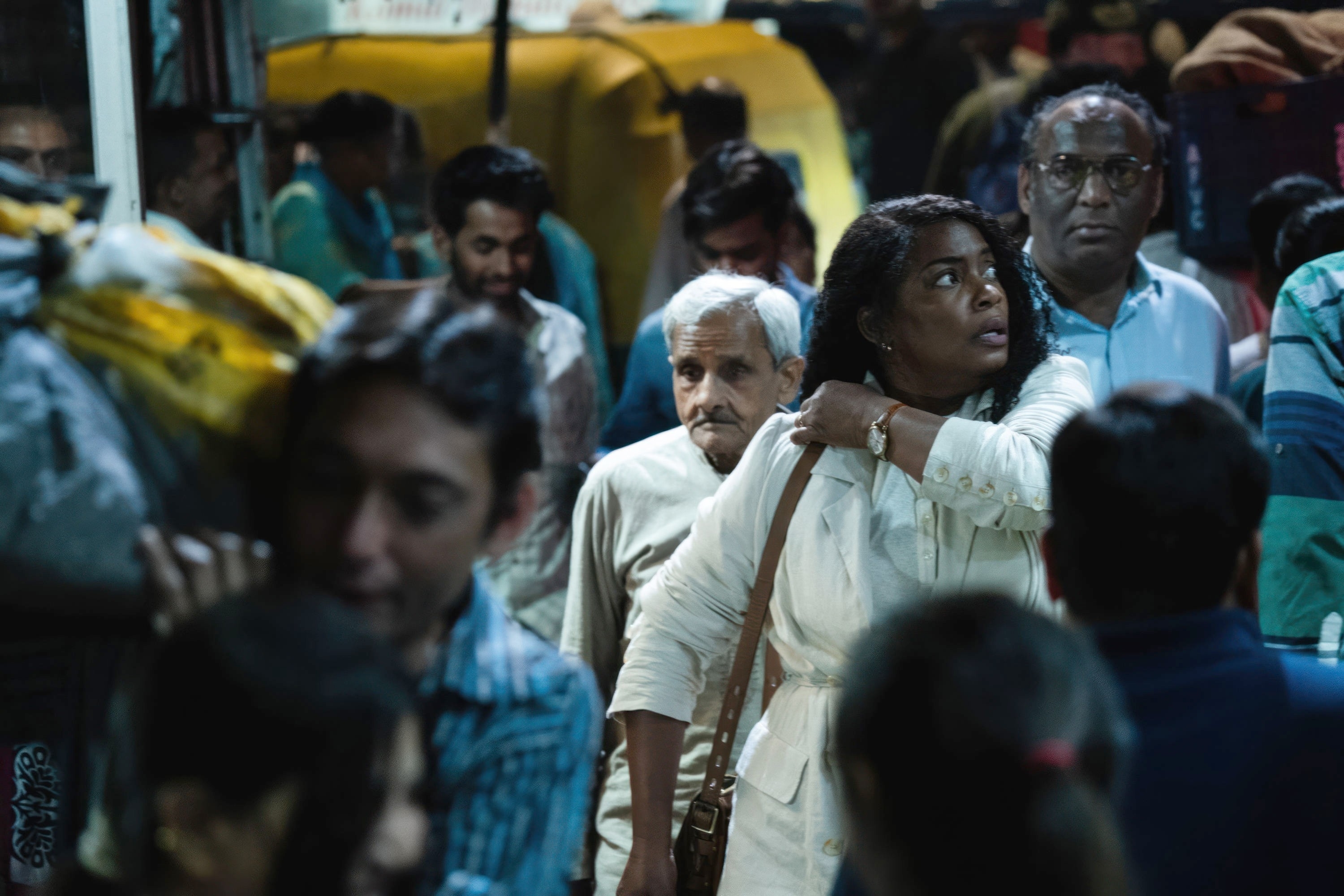
"But truly, every time we are rendered on screen, it doesn't necessarily have to be a manifesto on our race. This is the practice of a scholar. She's a scholar, she's an author, she's a big-brain thinker, she's a genius. Just like, there's a film about a genius in another way, who built a bomb, in theaters right now. She's no less. She's someone who is thinking through a big idea and who is coming across an obstacle in bringing that idea to life, and making people understand it."
11. Ava's upbringing in California influences the content she likes to create.
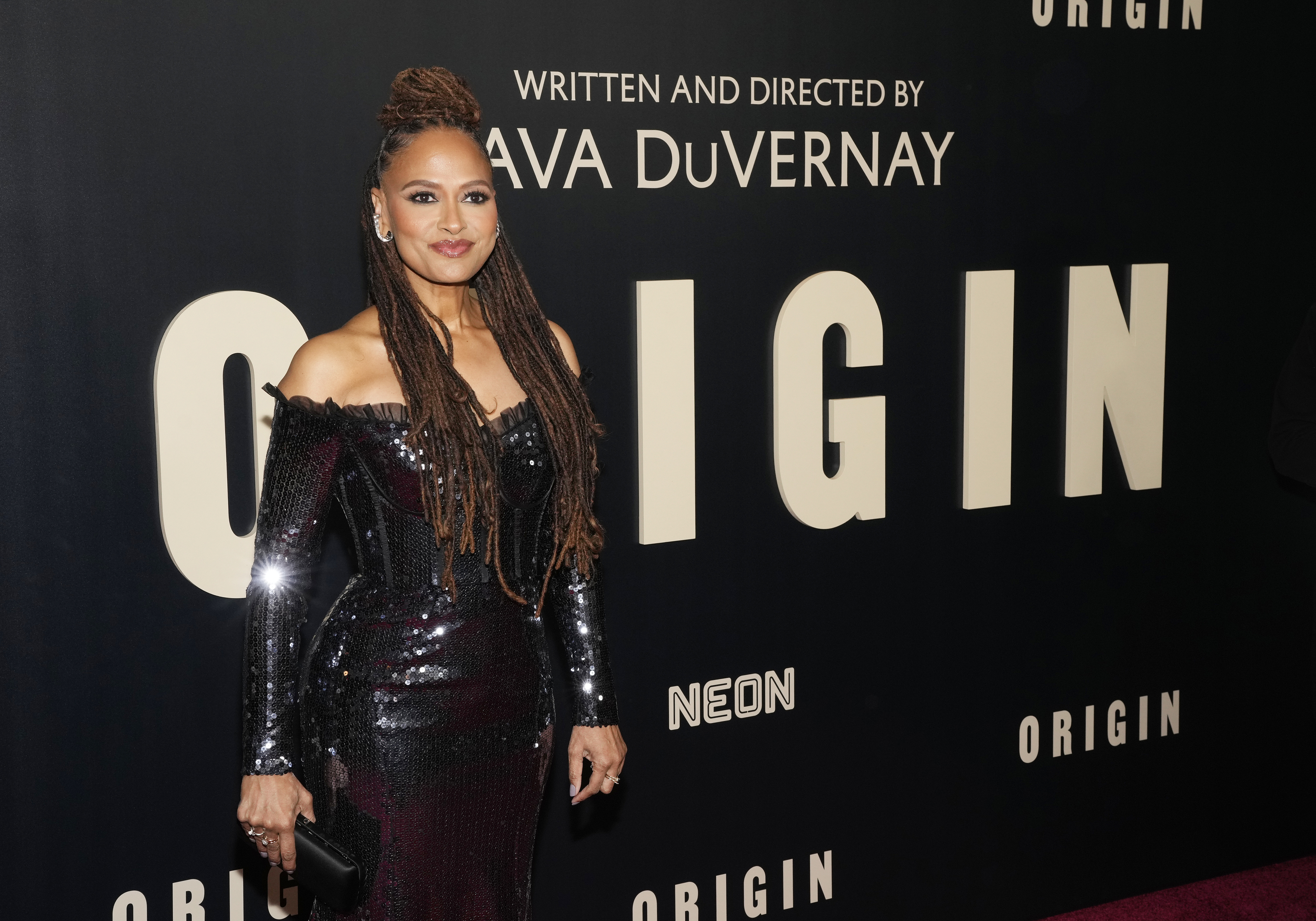
"I was raised in Compton, in the Lynwood area. And I think my upbringing guides my interest in the same way that it guides J.J. Abrams's interest or Greta Gerwig's interest. You are a person who is in the world, and you have a set of experiences and they make their way into the work, or not."
12. And lastly, humanizing Trayvon Martin in the opening scene of the film was of utmost importance to Ava.
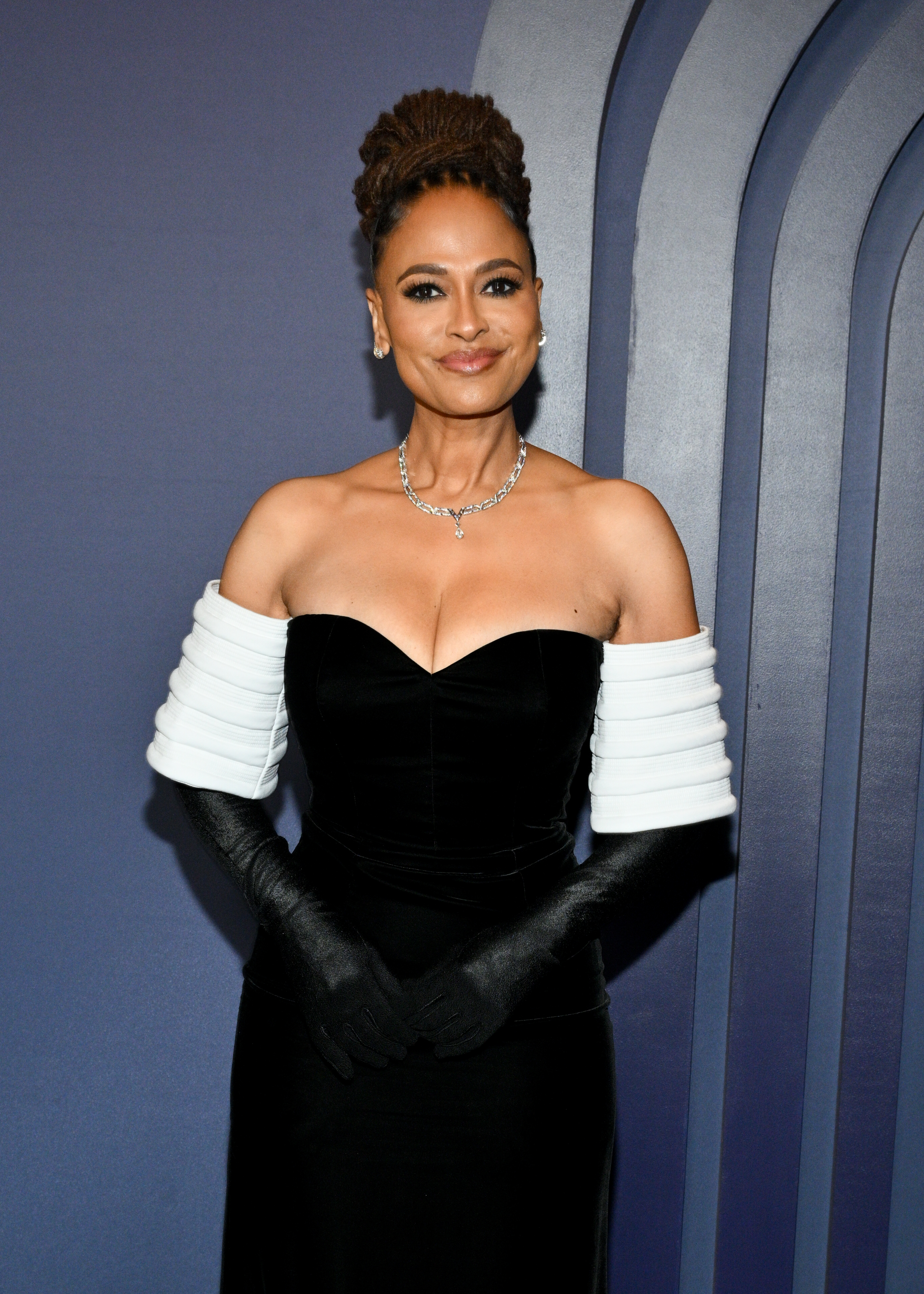
"You understood his humanity before [the murder scene]," Ava said. "Before I show you anything, I show him just walking down the street talking to his homegirl on the phone. Laughing, getting ribbed about something. You see him be very precise with giving the change to the man at the counter. You see that he's just bought some candy. You see that he's going to defend himself against the drizzle by putting up his hoodie. You see him laughing about what he likes for breakfast. And so by the time he's stalked and assaulted, you care about him because he's been humanized."
"This is a real life, a real person, with a real family and a real mother, who's really in the world right now," Ava continued.
"And so, all of that was taken into account as I rendered these images. And when I always render these images, whether it's When They See Us, or whether it's 13, or Selma, taking care to make sure you feel it. And the reason why you feel it, maybe more than you feel 70 people that were killed in a John Wick scene, is because [Trayvon] was humanized. He was a human being. And so often in the press the way that folks are rendered publicly around these incidences of police abuse or racist behavior, folks are not rendered as human beings. They're dehumanized and put into a big group writ large, and the less you know about a person, the less you care about them. And so I think that it's important to be precise in that. So thank you for allowing me to share that."
Origin is in theaters now.
What did you think of Origin? Tell us in the comments below!
